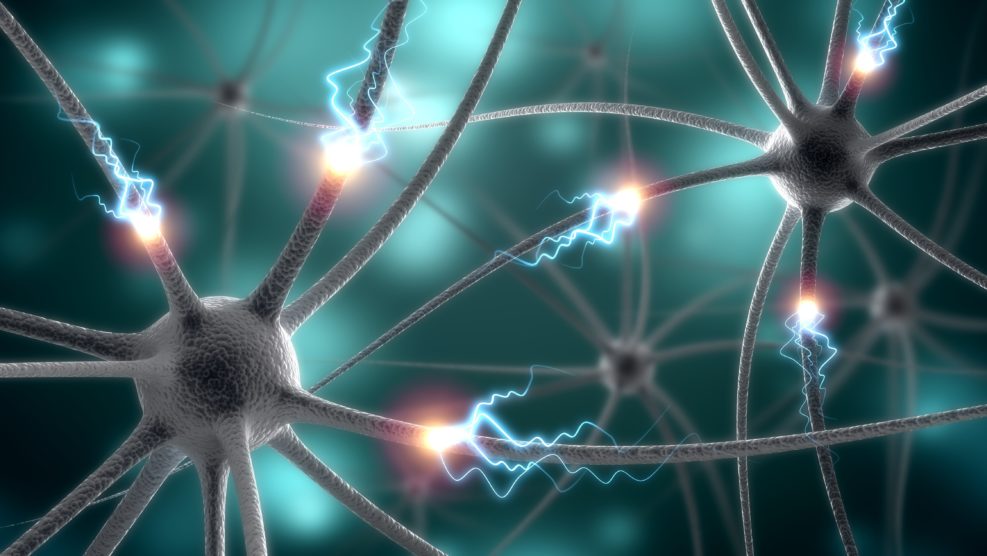
Does Superdeterminism Resolve Dilemmas Around Free Will?
If we lack free will, we have no justification whatsoever to even believe that we lack free willThe conventional view of nature held by materialists, who deny free will, is that all acts of nature, including our human acts and beliefs, are wholly determined by the laws of nature, understood as the laws of physics. We cannot be free, they assert, because all aspects of human nature are matter, and the behavior of matter is wholly determined by physical laws. There is no “room” for free will. It’s noteworthy that physicists who have studied determinism in nature (specifically, in quantum mechanics) have for the most part rejected this deterministic view of free will and implicitly (if not explicitly) endorsed the reality of free will. There are two reasons for this. First, experiments that have followed from the Read More ›


















